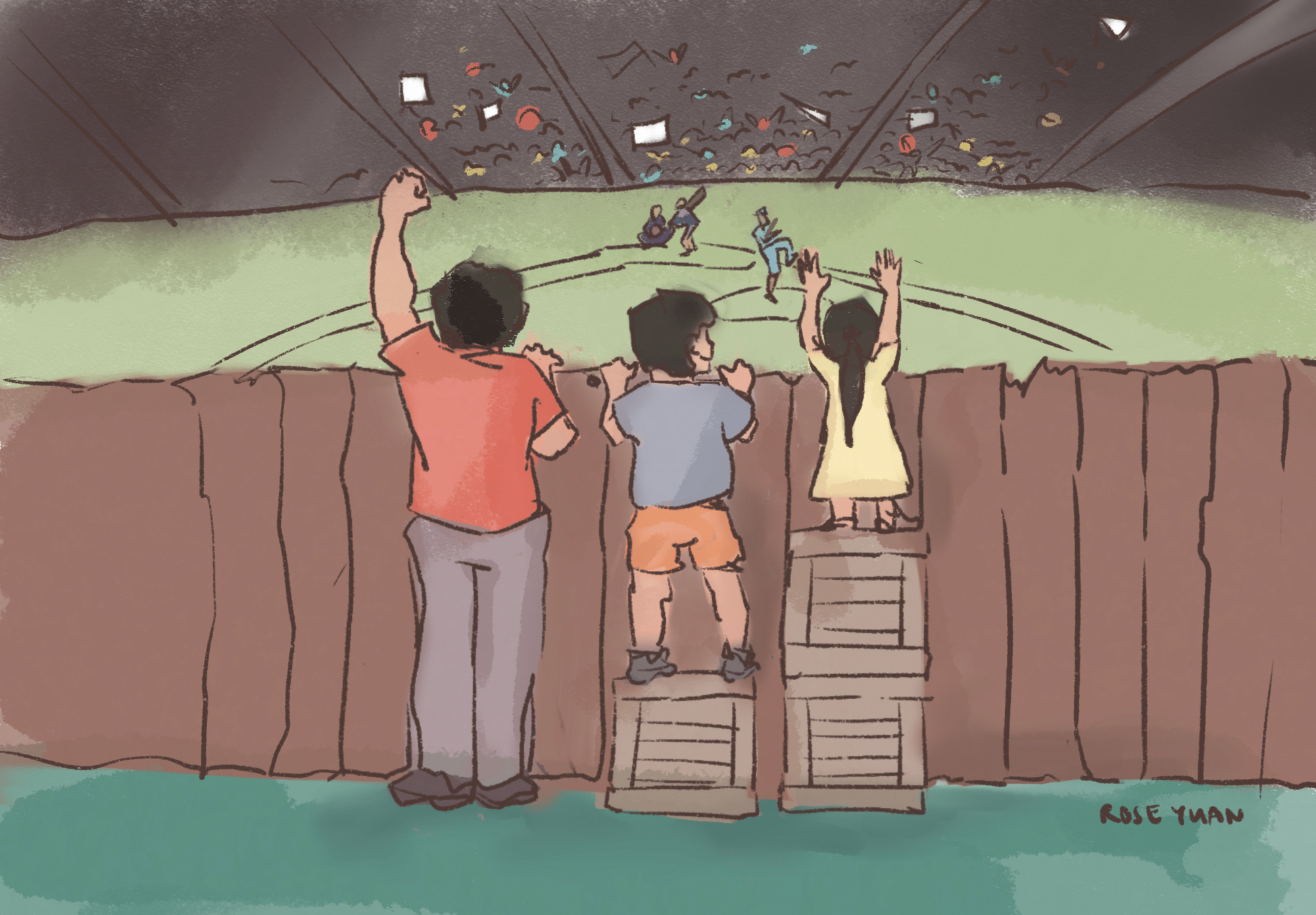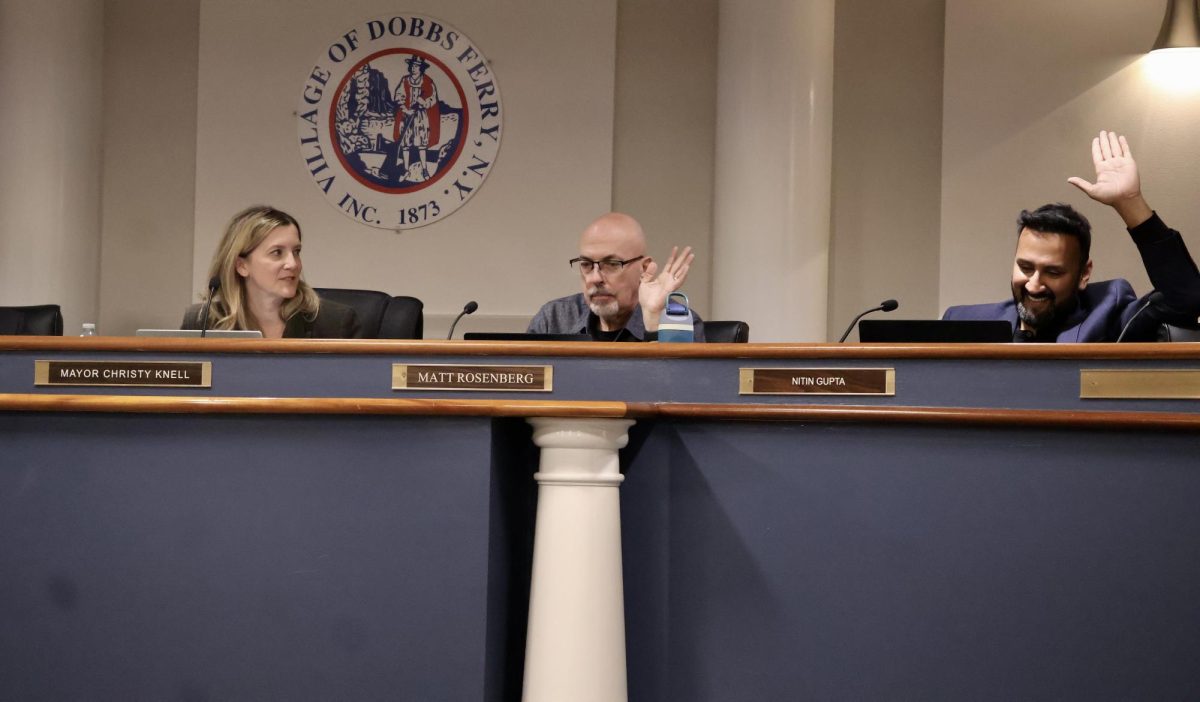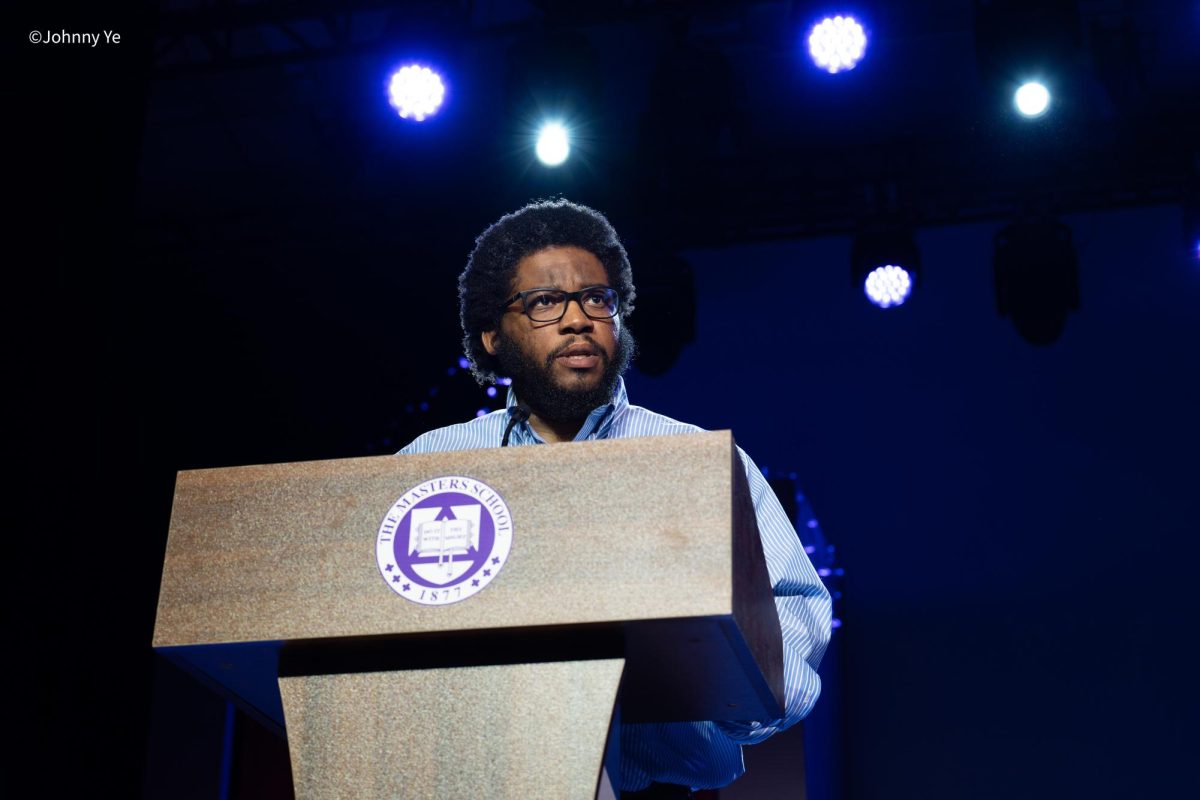In a typical classroom, one might notice a few students using computers, special calculators, or receiving extra time on tests. These alternative uses of certain resources, called accommodations, go beyond practical adjustment: they are essential tools that help students with learning differences succeed. But what exactly are accommodations, and why do some students receive them?
Understanding Accommodations:
Accommodations are designed to give students with learning differences equal access to learning opportunities. Accommodations can include extended time on tests, alternate methods of completing assignments, changes to seating, and assistive technology. It is important to remember that accommodations don’t change what students are learning, they change how the students are learning and provide different ways for students to demonstrate their knowledge.
Julia Jones, the director of learning enhancement and development, said, “It’s a case-by-case basis, really looking at students’ individual needs, not just their diagnosis.”
The goal of accommodations is to reduce the challenges created by learning differences, so students can fully participate in class and show their abilities without being limited by obstacles beyond their control.
Why Some Students Need Accommodations:
For students with learning differences like dyslexia, ADHD, or dyscalculia, traditional methods of teaching and learning might not suit their needs. This doesn’t make them any less capable; it just means they require different approaches to learning.
Take dyslexia, for example. While students with dyslexia may struggle to read, accommodations such as audiobooks or text-to-speech software enable them to access the material in a way that bypasses their reading challenges, allowing them to perform at their true potential.
Senior Taylor Marlowe, a student with dyslexia, said, “I struggle to comprehend material, keep up while writing notes, and frequently make spelling errors. My use of a computer [accommodation] and extra time allows me to keep up with the rest of my class and not worry about spelling errors.”
Despite the fact that the accommodations are very helpful, Marlowe sometimes struggles to find a time to finish her tests because she has double time, but her teachers are always understanding.
She said, “I typically need to come in during a free or schedule something after school, but I have never had any trouble receiving my accommodations.”
Similarly, students with ADHD might find it hard to stay focused in busy environments. Moving them to a quieter space or breaking tasks into smaller chunks helps them maintain focus and complete their work successfully, without feeling overwhelmed.
Senior Lily Grand, a student with ADHD, explained, “Accommodations aren’t about making things easier for me – they just help me stay focused and organized so I can keep up with everyone else.”
Breaking the Stigma: Accommodations Are Not A Shortcut
Unfortunately, some people still view accommodations as giving students an unfair advantage. However, these adjustments are not about making learning easier—they are about fairness. Students with learning differences face unique challenges, and accommodations help level the playing field by removing obstacles that would otherwise hold them back. Without these tools, students might struggle to show their true capabilities, regardless of their intelligence or effort.
Grand stated, “Without accommodations, I would be stuck trying to manage distractions instead of learning.”
Building a More Inclusive Future:
Recognizing the importance of accommodations is key to creating a more inclusive learning environment. When we understand and support these necessary adjustments, we contribute to a school culture that values diverse learning styles. By embracing accommodations, we ensure that all students, regardless of their learning differences, can succeed and contribute meaningfully to the community. Equity_Rose Yuan










